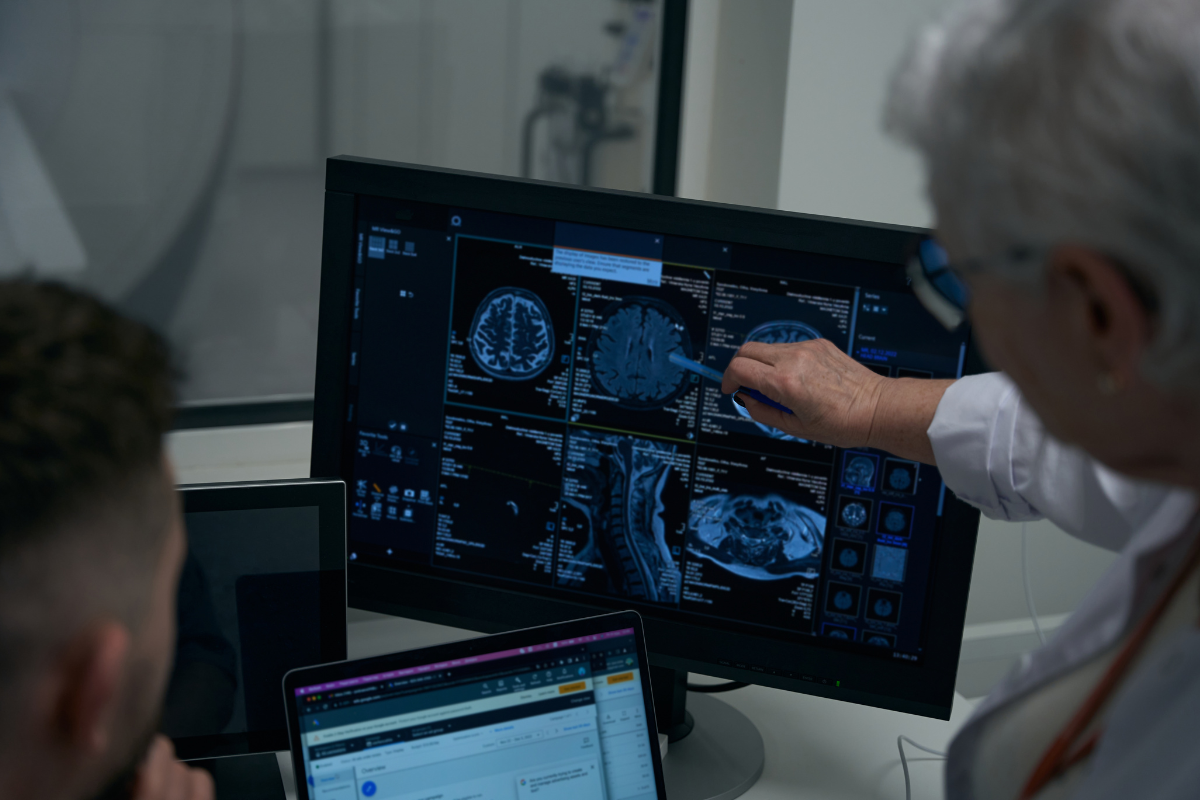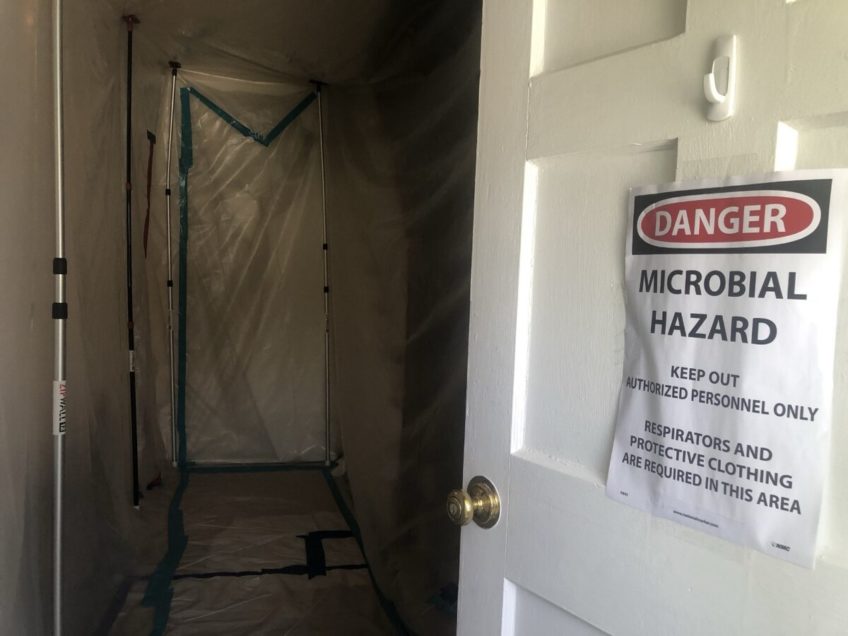
Senate Bill Calls for VA Study on Brain Injuries and Mental Health
Chairman Jerry Moran, R-Kan. and Sen. Angus King, I-Maine have reintroduced a bill that would have the VA partner with the National Academies of Sciences to conduct a study on how brain injuries affect Veterans’ mental health.
Chairman of the Senate Veterans Affairs Committee Jerry Moran said that The Precision Brain Health Research Act is a step toward providing evidence-based health care and benefits that Veterans deserve which “will help us better understand why and how blast injuries are impacting Veterans’ mental health and make certain VA is able to quickly incorporate these findings into care for Veterans.”
About The Precision Brain Health Research Act
The bill calls for an in-depth, 10-year study on the effects of repetitive low-level blast injuries. According to the bill text, the study would need to research the following:
- Treatments “illustrating positive outcomes for patients within the health system of the Veterans Health Administration with likely low-level repetitive blast injuries.”
- How to improve the diagnosis and care of Veterans with likely low-level repetitive blast injuries.
- If growth hormone replacement therapy improves “cognitive function, quality of life, brain structure and other negative symptoms” for Veterans with blast injuries.
In addition, the bill would allocate $5 million annually in funding for the study and create a data-sharing partnership between the VA and the Pentagon. Several Veterans groups have endorsed the bill, including the American Legion and Veterans of Foreign Wars and Wounded Warrior Project.
Brian Dempsey, director of government affairs at Wounded Warrior Project, said in a statement provided by Moran’s office that “part of keeping our promise to Veterans is making sure that the Department of Veterans Affairs is prepared to deliver the best possible care and support to those who suffered brain injuries in service.”
Brain Injuries and Mental Health
In recent years lawmakers have increased efforts to learn about, prevent, and provide treatment for traumatic brain injuries among active-duty service members and Veterans due to mounting evidence that these injuries and their symptoms are caused not only by enemy attacks but also by routine activities such as firing artillery.
Congress and the Pentagon have already begun addressing the issue from the military side, introducing a new brain health strategy that includes baseline cognitive testing for new recruits and mandates training instructors to stand farther away when certain weapons are fired. In addition, Congress added new brain health efforts to its annual defense policy bill requiring modifications to existing weapons to reduce blast exposure and development of future weapons systems with brain safety in mind.
“The bottom line is we must expand our understanding of the impact all blasts have on mental health, so that we can take proactive measures and protect the long-term health and well-being of our military community,” said Sen. Angus King, I-Maine.
We Are Veterans Helping Veterans
The Veterans Legal Assistance Program’s goal is to support Veterans and those serving in active-duty, as well as their families. We want to inform you of the issues affecting the Veteran community and connect you with people we trust.
We’ve got your six.



